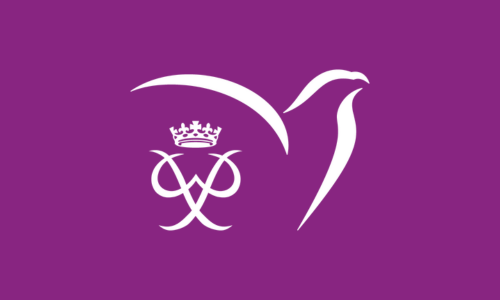In a world where adaptability, collaboration, and real-world problem-solving matter more than memorizing facts, education must evolve. It can no longer stop at the classroom door.
Across Canada and around the world, evidence is mounting: integrating formal education with non-formal, experiential learning opportunities is essential to prepare young people for life and work in the 21st century. Delivering Youth Development Outcomes the Award Canada Way, our 2024 position paper, draws on global literature and sector research to support this case and Award Canada is putting that evidence into action.
Why Experiential Learning Matters
While traditional academic systems play a vital role in foundational learning, they often fall short in cultivating the broader competencies youth need to thrive—such as emotional resilience, leadership, and critical thinking. This is where experiential education frameworks, like the Award, offer complementary value.
Based on decades of youth development research and studies cited in our 2024 position paper:
- Experiential programs foster greater autonomy, relatedness, and competence—three core psychological needs linked to thriving youth outcomes.
- Youth benefit from structured opportunities for goal-setting, reflection, and mentorship, which contribute to increased confidence and a stronger sense of agency.
- Programs that emphasize youth voice, choice, and sustained engagement are especially impactful for marginalized populations, including Indigenous, rural, and newcomer youth.
- Skills such as communication, leadership, and teamwork are consistently developed through experiential learning and align with employer priorities and life-readiness.
In essence, experiential learning bridges the gap between classroom instruction and real-world capability—supporting holistic youth development in ways that traditional models alone cannot.
A Model in Action: Award Canada’s Co-curricular Approach
Award Canada’s Co-curricular Approach Pilot, launched in Ontario and Newfoundland, is a national first. By embedding the Award into high school programs like the Specialist High Skills Major (SHSM), students can earn academic credentials while gaining personal development milestones through volunteering, skill-building, physical activity, and Adventurous Journeys.
This approach is now expanding into the post-secondary space through new partnerships with institutions such as Fanshawe College and Sheridan College. These collaborations mark a significant step forward in aligning experiential learning with academic pathways—ensuring that students continue to build life-ready skills and recognized achievements beyond high school.
Key Outcomes from the Pilot and Co-curricular Evidence Report:
- Educators report greater student engagement, improved attendance, and stronger learning ownership.
- Participants build self-regulation and communication skills, critical for both academic and career success.
- The Award’s structure supports students who may be underserved by traditional models, especially those in rural or under-resourced communities.
- Teachers identified the Award as a valuable complement to existing student success strategies, one that’s accessible and adaptable across school boards.
Impact at Scale: 2024 Annual Report Highlights
Award Canada’s national impact speaks for itself:
- Over 11,000 youth participated in the Award in 2024.
- Participants logged more than 1 million hours in self-directed, experiential learning.
- Nearly 41,000 hours were dedicated to community service, with sustainability and climate action among the top focus areas.
- More than 46,000 hours were spent on Adventurous Journeys—developing resilience, problem-solving, and leadership in the outdoors.
- 79% of participants report feeling more confident and self-assured as a result of their experience.
These numbers represent more than participation—they reflect transformation.
A New Vision for Education
This approach isn’t aspirational, it’s achievable, evidence-based, and already making an impact across Canada. Award Canada’s work proves that experiential learning is not a nice-to-have add-on; it’s a vital ingredient in helping young people build the confidence, agency, and adaptability they need in an unpredictable world.
Explore the full findings to learn more about how Award Canada is shaping the future of youth development:
Read the Position Paper (PDF)
Explore the Co-Curricular Evidence Report (PDF)
Share this...
